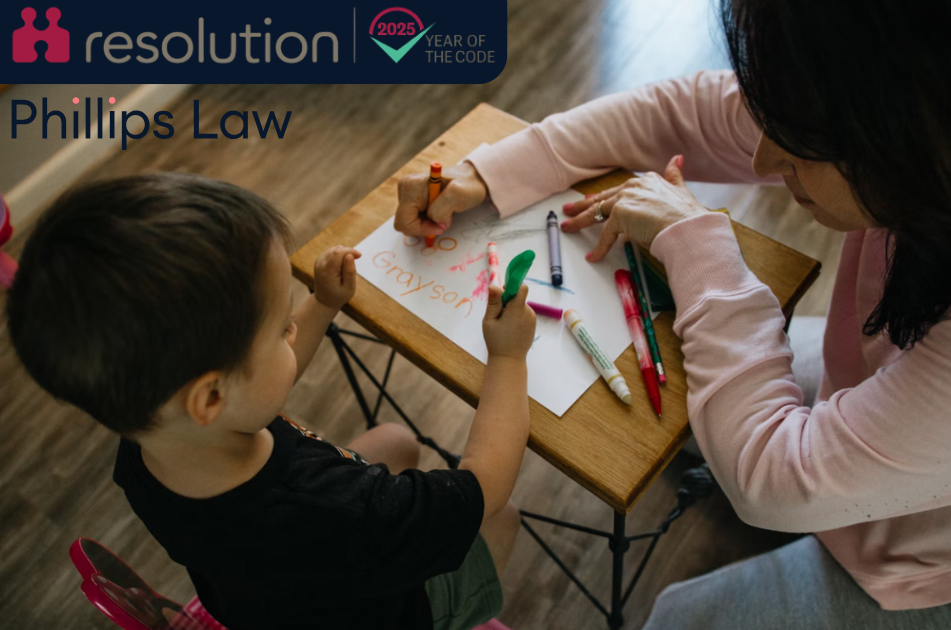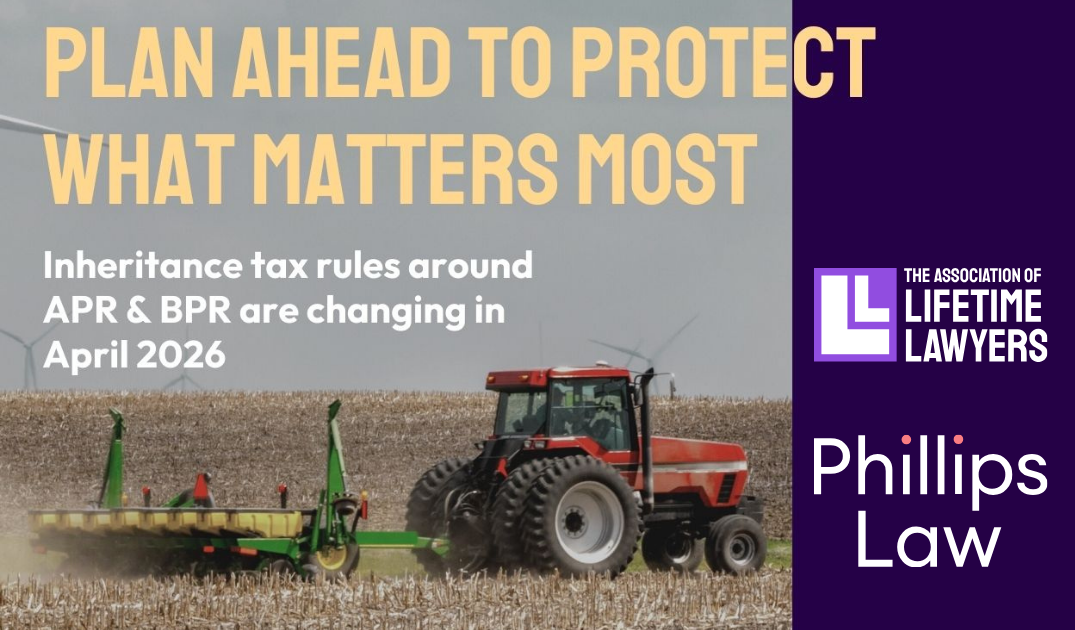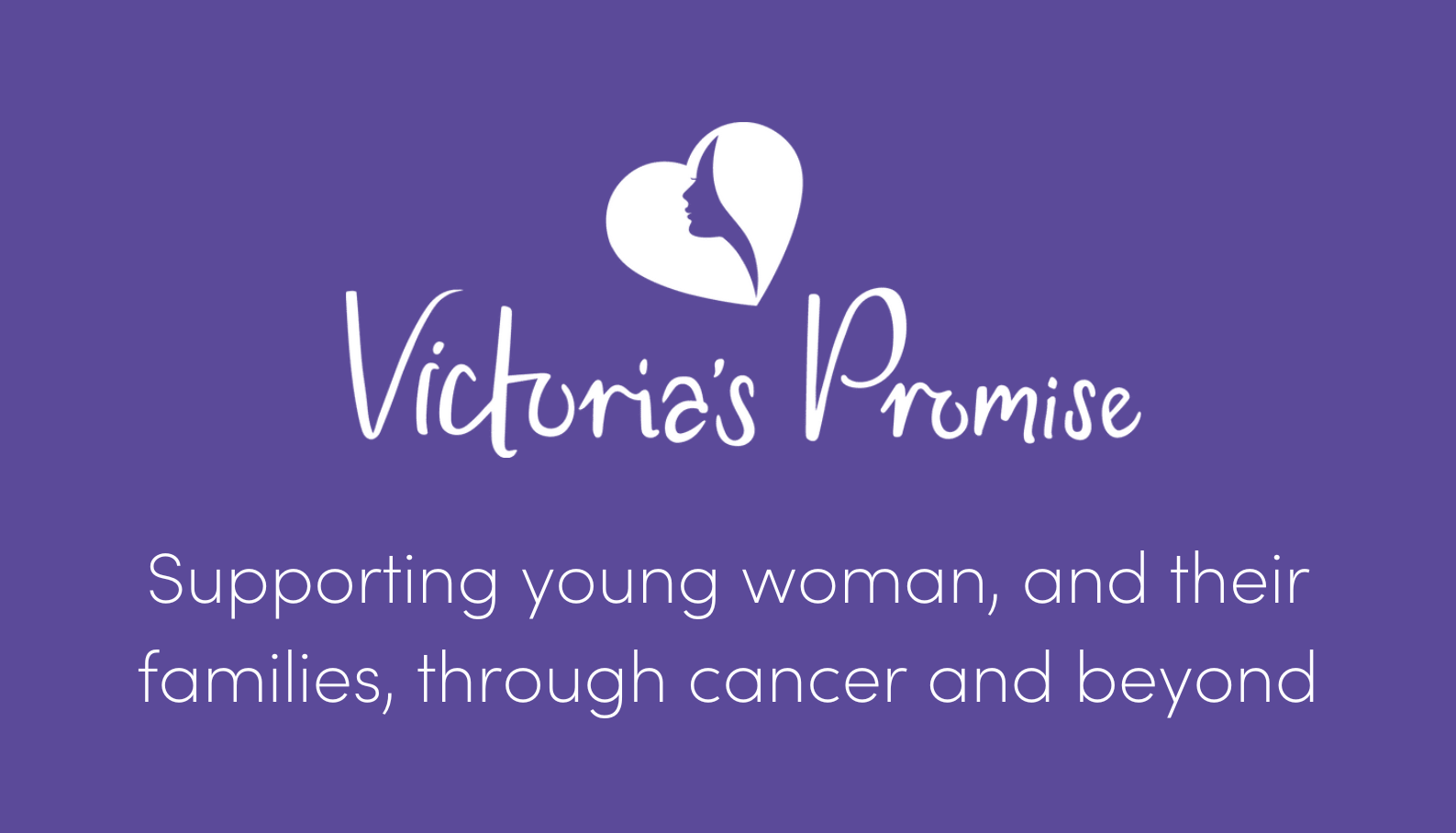
12 November 2025
Divorce is never easy, but as Divorce Lawyers we are acutely aware how it can impact on children and how a divorce can impact on the children both now and in the future and therefore it is important that you are conscious about how you talk to your children about what is happening, as this can make all the difference. Children don’t just need information — they need reassurance and consistency.
Every age group understands family change differently, so your message should match your child’s stage of development. Here are some suggestions as to how you should address your children depending on their ages about your divorce in a way that’s honest and emotionally supportive so they are not impacted by the process any more than is absolutely necessary.
Toddlers & Preschoolers
(Ages 2–5): Keep It Simple and Loving
At this age, children don’t grasp what “divorce” means—but they do sense changes in emotion, routine and your emotions and behaviour. They need security more than explanations.
How to talk to them:
- Use short, simple sentences:
“Mommy and Daddy are going to live in different houses, but we both love you very much.”
- Reassure them often — little ones need repetition.
- Stick to predictable routines: same bedtime, same favourite blanket, same morning routine where possible.
Keep it positive:
“Even though things are changing, you’ll always have two people who love you and take care of you.”
Primary School Ages
(Ages 6–8): Be Honest and Reassuring
Children at this age may think the divorce is their fault or believe their parents might get back together. They need clarity and comfort.
How to talk to them:
- Keep explanations honest but short:
“We tried to solve our problems, but we couldn’t fix them. This is not your fault.” - Focus on what stays the same: school, friends, sports, and bedtime stories.
- Encourage questions, even if you don’t have all the answers.
(Ages 9–12): Listen and Validate Feelings
Preteens understand more but may struggle with anger, sadness, or embarrassment. They want honesty and the chance to express themselves.
How to talk to them:
- Share the truth respectfully:
“We’ve decided to live apart because it’s healthier for our family.” - Let them talk — and really listen.
- Avoid making them take sides or deliver messages between parents.
Keep it positive:
“This change is about creating calmer, happier homes for everyone.”
Teenagers
(Ages 13–18): Show Respect and Trust
Teens are capable of complex thought — and they’ll notice hypocrisy or dishonesty. They appreciate being treated like young adults but still need emotional reassurance.
How to talk to them:
- Be open and respectful:
“We want to be honest with you about what’s happening and also hear what you think.” - Don’t overshare adult details or blame.
- Involve them in practical discussions about schedules or future plans.
- Reaffirm that you’ll both continue to support them.
Keep it positive:
“This gives everyone a chance to find more peace and grow stronger, including you.”
Universal Messages for Every Age
No matter how old your children are, these key messages apply across the board:
- You are loved. Nothing about our love for you will ever change.
- This is not your fault. Adults make these decisions — never children.
- We’re still a family. It’s just going to look a little different now.
- We’ll get through this together. You can always talk to us.
- Both parents are here for you. Cooperation, not conflict, builds confidence.
This article was written by Daniel Weintroub, Partner, in honour of Resolution’s ‘Good Divorce Week’ 2025.
If you would like to get in contact with our family team, please,
Email: [email protected]
Call: 01256 460830

Contact Us
Please call us or email and we’ll get back to you as soon as possible.

We are delighted to announce that Phillips Law is the regional sponsor of the Knight Frank Schools Triathlon, supporting both the Charterhouse and Marlborough events. The Schools Triath ...
More
What farming families and business owners need to know If you own a farm, land, or a family business, you will have undoubtedly heard that inheritance tax (IHT) rules are changing. Whil ...
More
We are about to see a great wave of Employment Law changes following the Employment Rights Act 2025 becoming law in December. We will use these updates to keep you abreast of the change ...
More
As we look back on a busy and notable January at Phillips Law, we wanted to share a round-up of recent milestones, insights, and community moments from across the firm. Phillips Law cel ...
More
A guide to share incentivisation for employers and an update on the new employment rights. We have created a morning of practical insight that focuses on how you can reward and retain y ...
More
We are proud to announce Victoria’s Promise as Phillips Law’s Charity of the Year for 2026. Victoria’s Promise is a local charity providing dedicated support to young women aged 25 to 5 ...
More